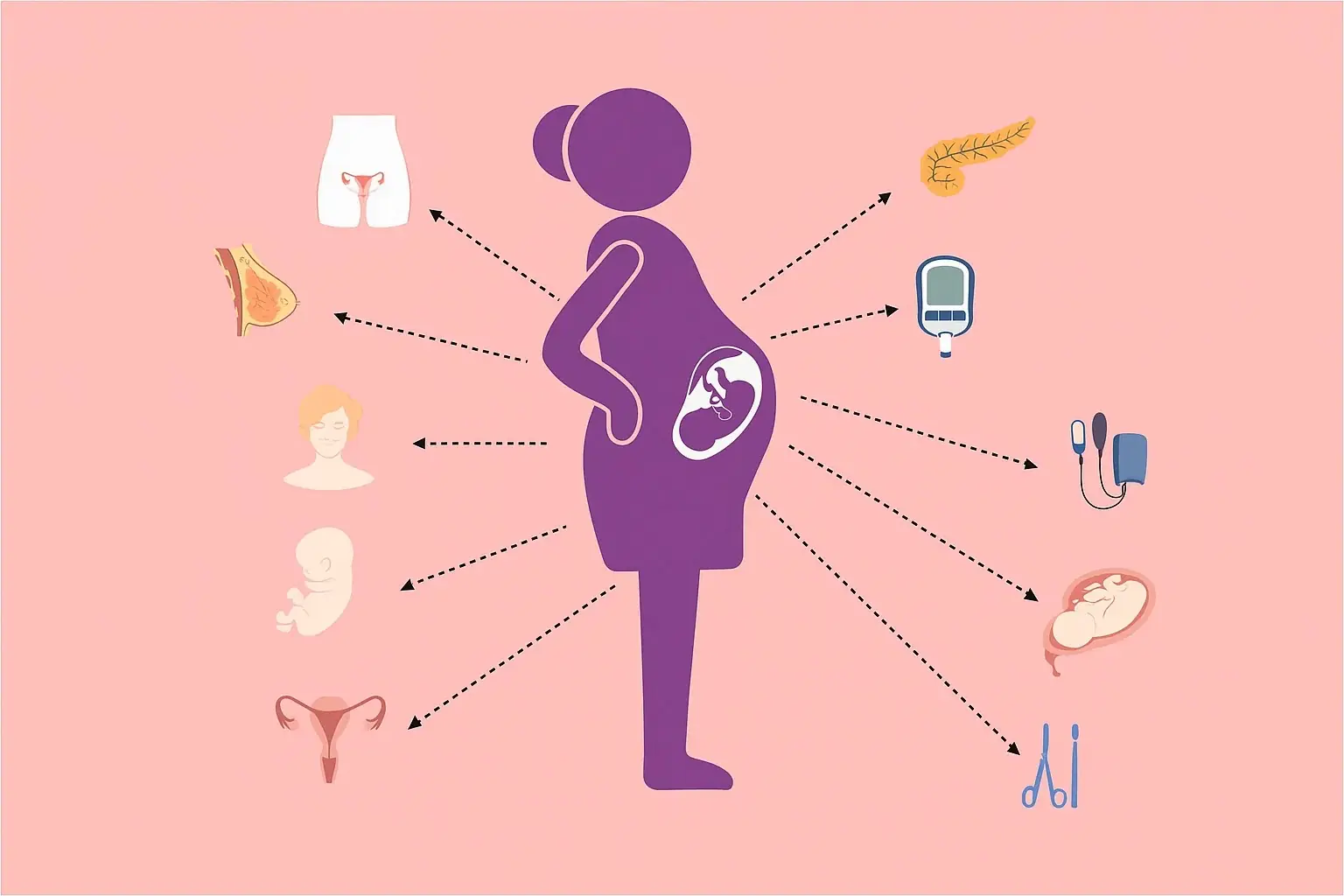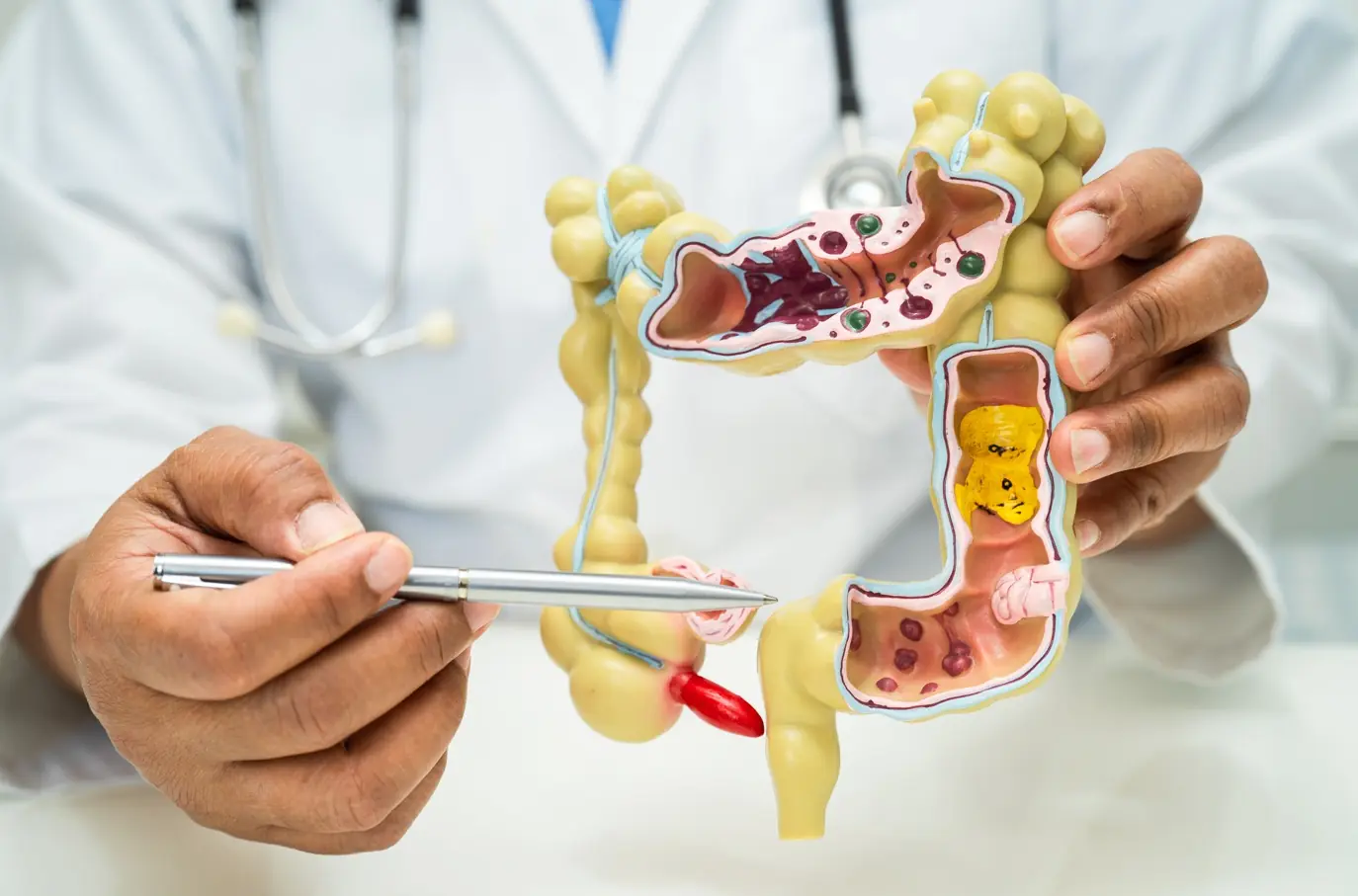
Shingles Vaccine May Protect Against Dementia, New Study Suggests
Could a simple vaccine hold the key to protecting the brain against one of the most feared diseases of aging?
Scientists have uncovered an important link between gut bacteria and gestational diabetes, suggesting that early changes in the microbiome could predict the condition long before traditional screening methods. This breakthrough offers a potential path toward earlier prevention, personalized management, and better health outcomes for both mother and child.
Gestational diabetes mellitus (GDM) is one of the most common pregnancy-related metabolic disorders, marked by impaired glucose metabolism that typically emerges in the second or third trimester. It poses significant short- and long-term risks: mothers face higher chances of developing gestational hypertension, excess amniotic fluid, and surgical deliveries, while babies are at risk of birth complications, obesity, and type 2 diabetes later in life. Early detection and intervention remain crucial to reducing these complications — and the gut may hold the key.
The Study: Tracking Gut Microbes in the First Trimester
In a pioneering study published in Microbiology Spectrum, researchers from The Second Hospital of Southern Medical University and the Third Affiliated Hospital of Guangzhou Medical University analyzed the gut microbiota of 61 pregnant women during their first trimester. Using advanced 16S rRNA sequencing, they mapped microbial compositions and compared the results to oral glucose tolerance test outcomes taken between weeks 24 and 28, alongside delivery records.
Their findings revealed significant differences in gut microbiota patterns between women who later developed gestational diabetes and those who experienced healthy pregnancies. Certain bacterial genera emerged as strong predictors, enabling the team to design a diagnostic model with impressive accuracy. This model could serve as a valuable early-warning tool, well before conventional screening methods are typically applied.
Why the Gut Microbiome Matters in Pregnancy
The gut microbiome, a complex community of trillions of microorganisms, plays a central role in regulating metabolism, immunity, and inflammation. Disruptions, known as dysbiosis, have been linked to numerous chronic diseases, including obesity and type 2 diabetes. During pregnancy, the microbiome undergoes natural changes to support maternal and fetal health, but abnormal shifts can contribute to metabolic stress — making the gut an ideal target for early monitoring.
By identifying unique microbial “signatures” in the first trimester, doctors may soon be able to predict gestational diabetes much earlier than current diagnostic windows allow. This opens the door to preventive interventions, such as personalized diet adjustments, probiotics, or lifestyle modifications, tailored to reduce risk and improve outcomes.
A Path Toward Personalized Prevention
The study authors emphasize that these findings mark only the beginning. More large-scale studies will be needed to validate the diagnostic model and determine how best to integrate microbiota-based tools into routine prenatal care. Still, the potential is enormous: early, non-invasive testing through stool samples could become a safe and simple method to identify high-risk pregnancies.
“Microbiota-based tools could enable early, non-invasive detection of gestational diabetes mellitus, offering new opportunities for prevention and personalized management,” the researchers wrote.
Ultimately, this research highlights not only the role of the gut microbiome in pregnancy but also its profound potential to reshape how doctors prevent and treat gestational diabetes — giving mothers and babies a healthier start in life.

Could a simple vaccine hold the key to protecting the brain against one of the most feared diseases of aging?

From elevated cancer rates to stress-induced cardiovascular disease, the profession carries health costs that demand greater awareness and intervention.










Catching these subtle, non-motor clues may help identify Parkinson’s long before the motor stage, opening the door to interventions that could delay its full expression.

While debate continues over its official recognition, the research shines a spotlight on the neurological toll of modern labor demands and could pave the way for tailored treatments in the future.










Could a simple vaccine hold the key to protecting the brain against one of the most feared diseases of aging?

Avoiding purine-heavy foods like organ meats, processed meats, certain fish, and yeast-based products can help reduce flare-ups and maintain joint health.

From constant-use devices like refrigerators to high-powered kitchen tools, every household has hidden electricity traps.

From elevated cancer rates to stress-induced cardiovascular disease, the profession carries health costs that demand greater awareness and intervention.


Homemade carrot oil is a simple, nutrient-packed solution for brighter, firmer, and deeply hydrated skin. Whether you choose the slow, nutrient-preserving sun infusion or the quick simmering method, this golden oil can rejuvenate your skin from the inside










